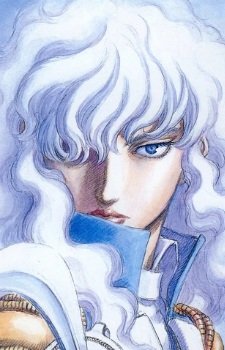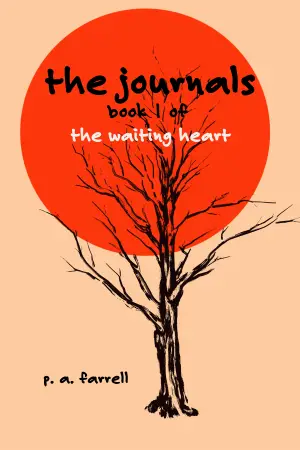Series & First Appearance
Series: "Berserk"
First Appearance: Chapter 3 (Volume 1)
Creator: Kentaro Miura
Profile at a Glance
Griffith is depicted as a strikingly charismatic and intelligent individual who leads the mercenary group known as the Band of the Hawk. His apparent age suggests he is in his mid-20s, and he possesses a notable magnetic attraction that draws people to him. In battle, he wields a sabre with exemplary skill and employs strategic military tactics that contribute to his reputation for invincibility.
Personality & Motivations
Griffith showcases a complex personality, embodying traits of ambition, charm, and a chilling coldness when pursuing goals. He harbors an unwavering desire to become a ruler, viewing power as the means to an idealistic end. His motivations often oscillate between altruism and a ruthless pursuit of his desires. During his rise, he frequently quotes Nietzschean philosophy, suggesting a deep-rooted belief in the will to power. Notably, his catchphrase "To be a man is to have dreams" encapsulates his relentless aspiration for greatness.
Abilities / Powers
Griffith’s primary fighting technique revolves around swordsmanship, showcasing agile, precise movements that exemplify his exceptional skill. He possesses various powers, particularly unique abilities associated with his transformation into the demonic figure Femto, including spatial manipulation and causal awareness that allows him to foresee and influence events. Griffith’s tactics evolve throughout the series, reflecting a shift from human combat to supernatural dimensions after his rebirth. However, his moral ambiguity leads to limitations in his relationships and emotional connections.
Major Story Arcs & Growth
Griffith’s character development is heavily influenced by key arcs in "Berserk." Initially portrayed as a noble leader of the Band of the Hawk, his ambition leads him to betray his comrades and sacrifice them to attain greater power during the Eclipse event, marking a significant turning point in the story. Following this catastrophic event, he is reborn as Femto, a member of the God Hand, altering his role from a deuteragonist to a formidable antagonist. His journey reflects themes of ambition, sacrifice, and the consequences of ruthless pursuit.
Notable Relationships
Griffith’s most significant relationships include:
- Guts: His complex bond with the protagonist shows a mix of admiration and rivalry, ultimately culminating in betrayal.
- Casca: His manipulative affection for Casca is intricately tied to Guts’ story arc, creating tension within the group.
- The Band of the Hawk: His founding and leadership of the group are pivotal to his initial success and subsequent downfall, reflecting the impact of his actions on others.
Iconic Moments & Quotes
One of Griffith’s most memorable scenes occurs in Chapter 87 during the Eclipse, where he declares, "You can’t understand what it’s like to be a king," underscoring the stark divide between his ambitions and the sacrifices he demands. This moment encapsulates his transformation and sets the stage for the ensuing conflict.
Another iconic quote is, "We’re all just pawns in a larger game," highlighting his philosophical view of existence, which resonates with fans and reflects the series’ deeper themes of fate and free will.
Trivia & Behind-the-Scenes
Griffith is recognized among fans for his striking silver hair and blue eyes, which serve as visual indicators of his ethereal beauty but also his unsettling nature. In popularity polls, Griffith frequently ranks high, with over 15,750 member favorites highlighting his complex, captivating character. In terms of voice acting, his Japanese voice is provided by Masane Tsukayama, while the English version features Kyle McCarley, both of whom add depth to his psychological nuances. The cultural references surrounding Griffith also amplify his tragic heroism and anti-hero complexities, making him a perennial subject of analysis among fans and scholars alike. His character serves as a lasting testament to the exploration of ambition and morality in narrative storytelling.







